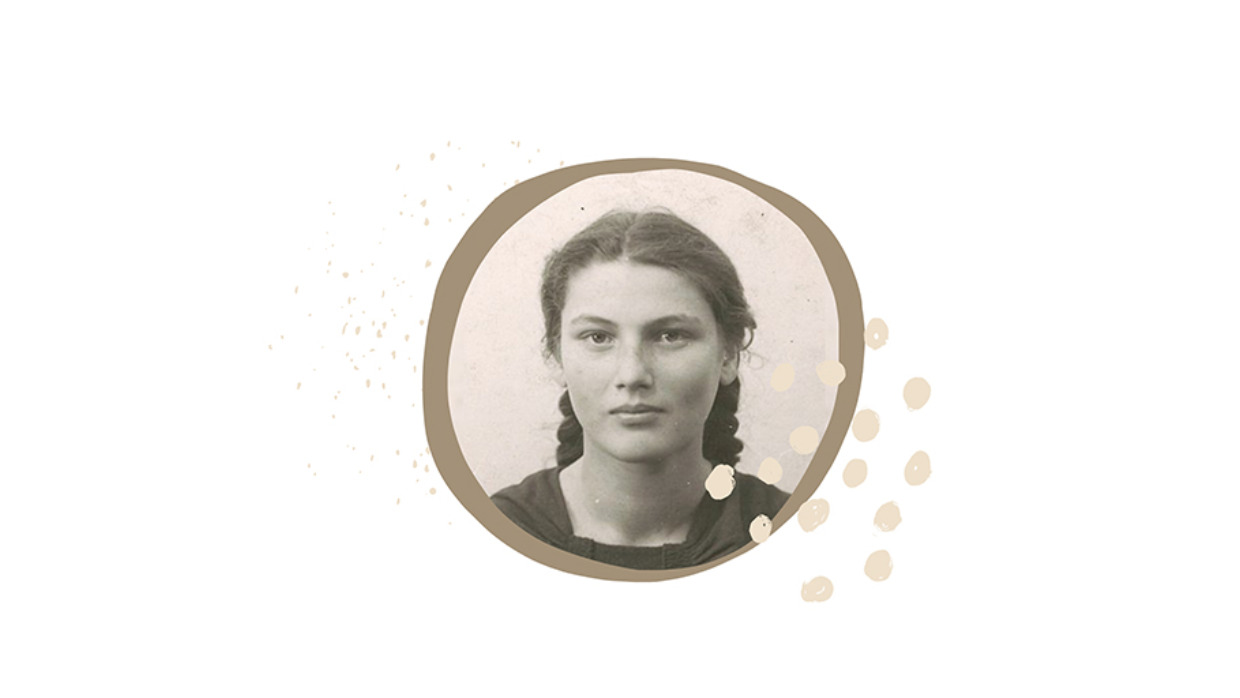 Vampire Weekend's Surprising Jewish Stories
Vampire Weekend's Surprising Jewish Stories


4 min read
3 min read
4 min read
3 min read
On March 4, 2013, Denise Vernay-Jacob, French resistance fighter and Holocaust survivor, passed away at 88.
View this post on Instagram
Jacob was born in Paris in 1924 to an architect and former chemistry teacher. The advent of the Great Depression brought hard times for Jacob and her family, forcing them to trade their villa for a Nice apartment in 1932. When France fell to the Germans in 1940, Jacob and her family were forced to fend off the Gestapo. This coupled with the race laws enacted by the France’s Vichy regime further isolated them. These antisemitic laws, a derivation of Nazi race laws, further defined the Jew as a foreign race different from all others.
Her father lost his job as an architect, forcing Jacob to serve as a math tutor to help make ends meet. Intense political situations within Europe propelled to her to seek more involvement in the Girl Scouts which not only provided hope but a means of escape from the ongoing fascistic cruelty around her. She adopted the nickname “Miarka,” which remained with her throughout the war.
Jacob sought out the BBC for war updates and provided anti-fascist materials to others in 1941. She embodied the definition of a student messenger, spreading the information she heard over the radio to classmates and teachers, writing her version of news reports on the blackboard. Acts like these were strictly forbidden by the Vichy government. Jacob was 17 at the time. By this point, Jacob moved in with a friend in Isère because her family told her that it was too dangerous to return to Nice.
Jacob joined the French resistance in Lyon and was known as “Miarka” in the underground. As a 19-year-old member of the underground, she continued her work as a messenger, relaying information by bicycle for 7 months until she was informed that Lyon was too dangerous. Upon returning home to Nice in March 1944, she was able to reunite, albeit for a short period, with her parents, brother, and 2 sisters.
However, a roundup of local Jews took place 10 days later, this included the rest of her family. They were sent to the Drancy internment camp. Her sisters and mother were subsequently transported Auschwitz and later to Bergen-Belsen where they all contracted Typhus, their mother dying just days before liberation. Jacob’s sisters survived. Their father and brother were sent to Lithuania. She never saw them again.
Jacob continued her resistance efforts through membership in the Franc-tireur—a further iteration of a resistance newspaper founded by Jean-Pierre Lévy launched in Lyon. She would go on to become an “agent liaison for the Secret Army” following the Allied landing at Normandy (D-Day). While Jacob would eventually be caught and later imprisoned at both Ravensbrück and Mauthausen, she never once forfeited information or named names even when subjected to extreme torture methods.
